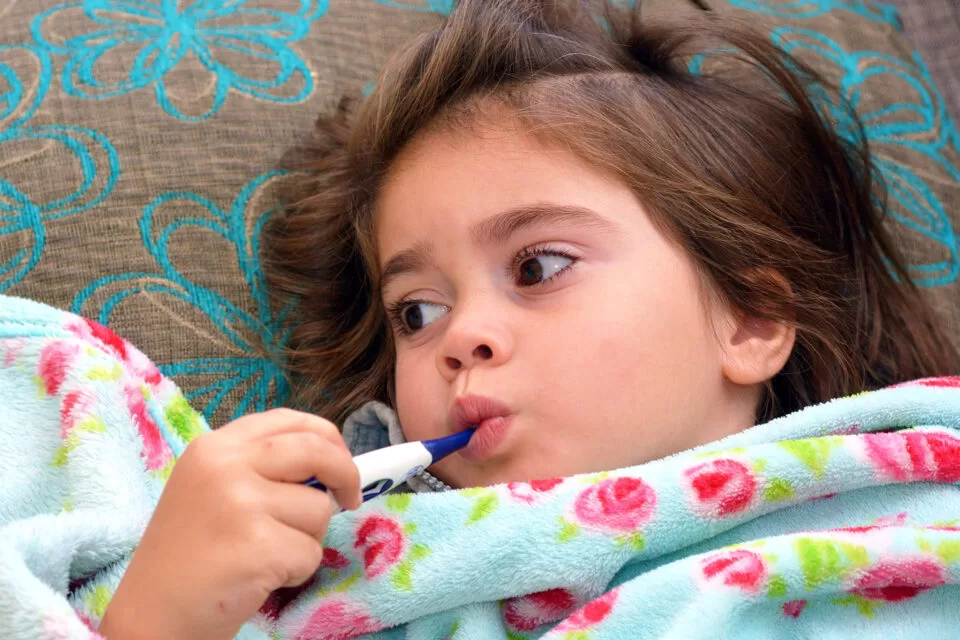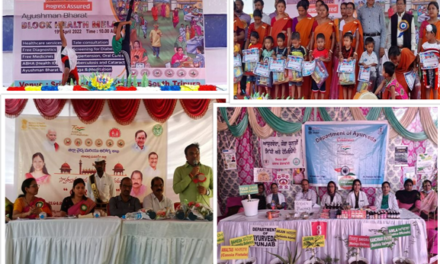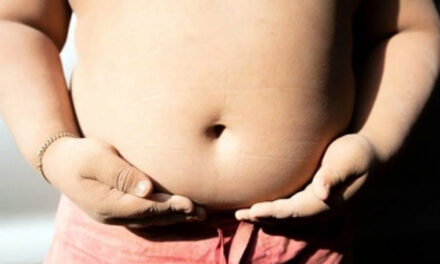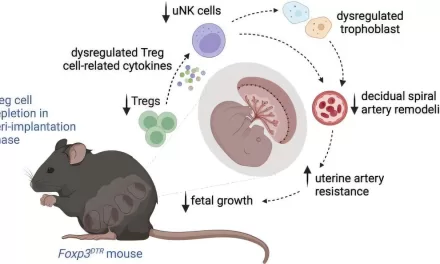A recent study presented at the European Respiratory Society (ERS) Congress in Vienna, Austria, revealed that using hypertonic saline nasal drops can shorten the duration of the common cold in young children by two days. This significant finding, from the ELVIS-Kids randomized controlled trial, shows promise not only in reducing cold symptoms but also in limiting the spread of infections within families.
The study, led by Professor Steve Cunningham from the University of Edinburgh’s Child Life and Health, and Dr. Sandeep Ramalingam, a consultant virologist at NHS Lothian, Edinburgh, focused on the effectiveness of salt-water solutions in treating colds. The research was inspired by traditional practices in South Asia, where saline is often used for nasal irrigation and gargling during upper respiratory tract infections.
“Children experience 10 to 12 colds per year, which have a significant impact on their well-being and their families,” explained Professor Cunningham. “Although we have medicines like paracetamol and ibuprofen to alleviate symptoms, there are no treatments that make a cold resolve faster—until now.”
The trial recruited 407 children under the age of six. Among those who developed a cold, 150 were given hypertonic saline nasal drops made from sea salt, while the remaining 151 children received standard cold care. The results were remarkable: children using the saline drops experienced symptoms for an average of six days, compared to eight days for those receiving usual care. Additionally, the saline-treated children required fewer medications during their illness.
The science behind the efficacy of saline drops is rooted in chloride, a key component of salt. When chloride is provided to the cells lining the nasal passages and windpipe, it aids in the production of hypochlorous acid, a natural defense against viruses. By boosting the body’s ability to suppress viral replication, saline drops reduce both the severity and length of the cold.
Furthermore, the study showed that households using saline nasal drops saw a reduction in the transmission of colds to other family members—46% of these families reported additional infections, compared to 61% in the usual care group. A majority of parents (82%) also expressed satisfaction with the treatment, noting that their children recovered faster, and 81% said they would use the drops again in the future.
“This simple and inexpensive intervention could have a global impact,” said Professor Alexander Möeller, Head of the ERS Pediatric Assembly, who was not involved in the study. “By offering parents a safe and effective way to reduce the burden of colds in their families, we can potentially lower both the health and economic impacts of this common condition.”
The research team also found that children treated with saline drops experienced fewer episodes of wheezing during colds (5% compared to 19% in the control group). This discovery has prompted further investigation into the role of saline nasal drops in preventing respiratory complications.
The findings were presented during the ERS Congress session on pediatric infectious respiratory health. The team is hopeful that this safe and accessible treatment will become a standard option for managing colds in young children, helping reduce the impact of respiratory infections on families worldwide.
Source: “A randomised controlled trial of hypertonic saline nose drops as a treatment in children with the common cold (ELVIS-Kids trial),” Dr. Sandeep Ramalingam et al., ERS Congress 2024.












